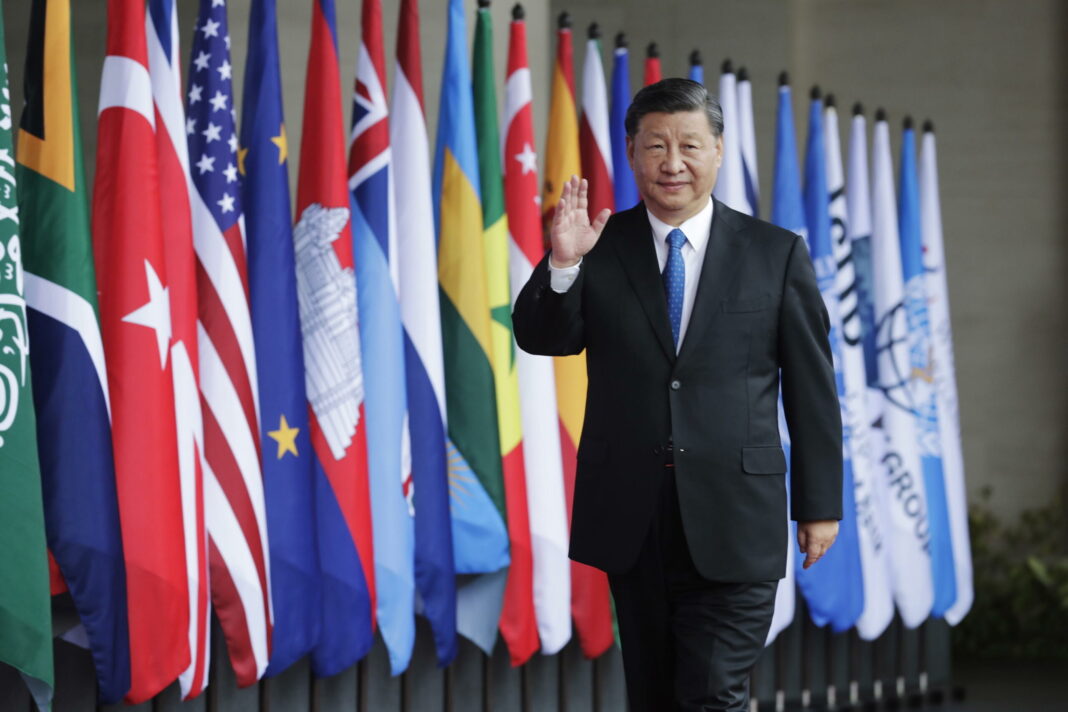Demonstrations in China against the strict COVID-19 policy have made things difficult for President Xi Jinping’s administration since the level of anger and frustration among the Chinese people has gone beyond all reasonable bounds.
The stringent COVID rules in China have had a detrimental effect on the lives of millions of individuals. According to Global Strat View, the demands now include free expression and respect for human rights in addition to simply relaxing the restrictions, according to Global Strat View.
Thousands of students took to the streets and university campuses of major cities from Shanghai to Beijing, Guangzhou to Chengdu, demanding an end to the CCP’s zero COVID policy.
However, these incidents don’t bode well for Xi’s reputation in any way. These demonstrations are hurting Xi’s and the CCP’s efforts to highlight China’s successes under his leadership at a time when he has just taken over as the CCP’s leader for the third time.
Although China has in the past effectively put an end to peaceful rallies, a crackdown on current protesters will rapidly bring back memories of the 1989 Tiananmen Square protest crackdown. As a result, these protests will have a considerably greater overall effect, in the long run, the Global Strat View reported.
One of the biggest revolutions to take place in the Communist nation since the Tiananmen Square pro-democracy movement in 1989 is the one that is currently taking place. Additionally, it’s likely that the response meant to scatter the persistent demonstrators will make things worse.
The country’s strict Covid limitations are the target of some of the fiercest protests China has ever seen, and a number of memes, slogans, and catchphrases have gone viral in the process.
Several videos on social media have shown crowds chanting the slogan “Communist Party step down, Down with Xi Jinping” in unison over a deadly fire in Urumqi, the capital of China’s Xinjiang region that has unleashed excessive public outrage, Inside Over reported.
Large-scale protests in China, especially in Xinjiang, are rare, given the extensive blanket of high-tech surveillance measures authorities have imposed on the region to quell what the government sees as separatist or extremist tendencies.
The two-month lockdown of Shanghai’s 25 million residents earlier this year sparked outrage and demonstrations. Since then, Covid-19 restrictions in China have aimed to be more focused. But as China experiences its first winter with the highly contagious Omicron variant, this endeavour has been hampered by increased infections.
According to several media reports, since a fire in the city of Urumqi resulted in the deaths of 10 people, civil unrest has increased throughout the nation.

